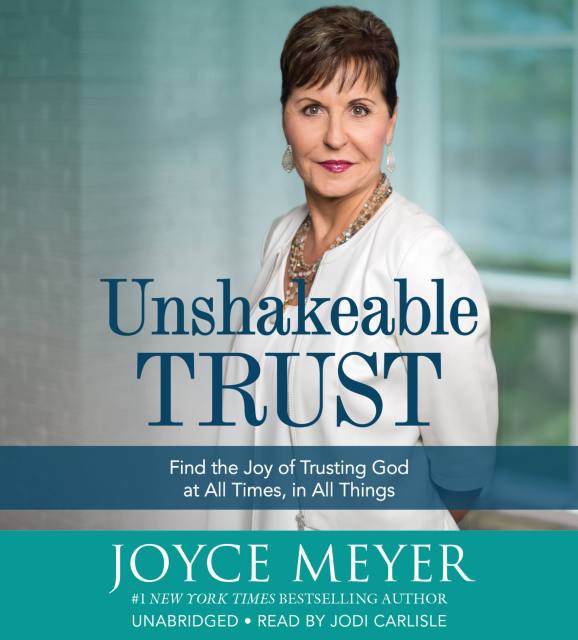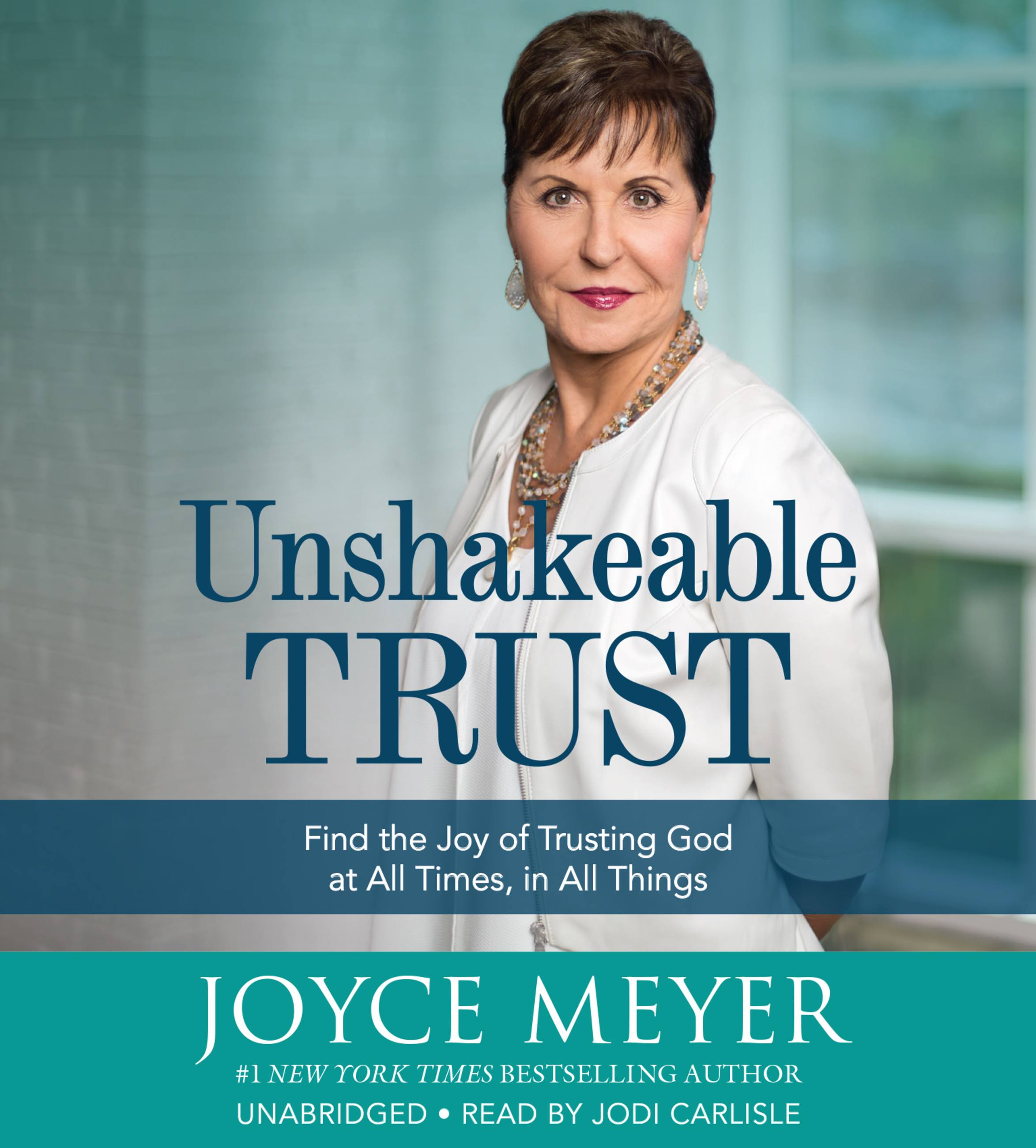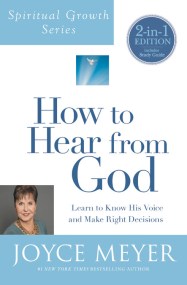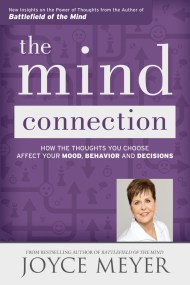By clicking “Accept,” you agree to the use of cookies and similar technologies on your device as set forth in our Cookie Policy and our Privacy Policy. Please note that certain cookies are essential for this website to function properly and do not require user consent to be deployed.
Unshakeable Trust
Find the Joy of Trusting God at All Times, in All Things
Contributors
By Joyce Meyer
Read by Jodi Carlisle
Formats and Prices
- On Sale
- Sep 12, 2017
- Publisher
- Hachette Audio
- ISBN-13
- 9781478985167
Price
$24.98Format
Format:
- Audiobook Download (Unabridged) $24.98
- ebook (Spanish) $9.99 $12.99 CAD
- ebook $9.99 $12.99 CAD
- Hardcover (Large Print) $37.00 $47.00 CAD
- Hardcover $29.00 $39.00 CAD
- Trade Paperback $19.99 $25.99 CAD
- Trade Paperback $19.99 $25.99 CAD
- Trade Paperback (Spanish) $19.99 $25.99 CAD
- Audiobook CD (Unabridged) $30.00 $39.00 CAD
This item is a preorder. Your payment method will be charged immediately, and the product is expected to ship on or around September 12, 2017. This date is subject to change due to shipping delays beyond our control.
Buy from Other Retailers:
With each new chapter, Joyce unveils a sovereign and trustworthy God who longs to be in a relationship with his people, and inspires you to tear down the walls of self-reliance. This book will both equip and encourage, as you learn how to “trust in the Lord with all your heart and lean not on your own understanding.”
Regardless of your past pain, your present circumstances, or your future uncertainty, when you learn to trust God each day, you’ll experience the joy-filled life Jesus came to give you. Others may have let you down . . . but God never will!
Genre:
Newsletter Signup
By clicking ‘Sign Up,’ I acknowledge that I have read and agree to Hachette Book Group’s Privacy Policy and Terms of Use




